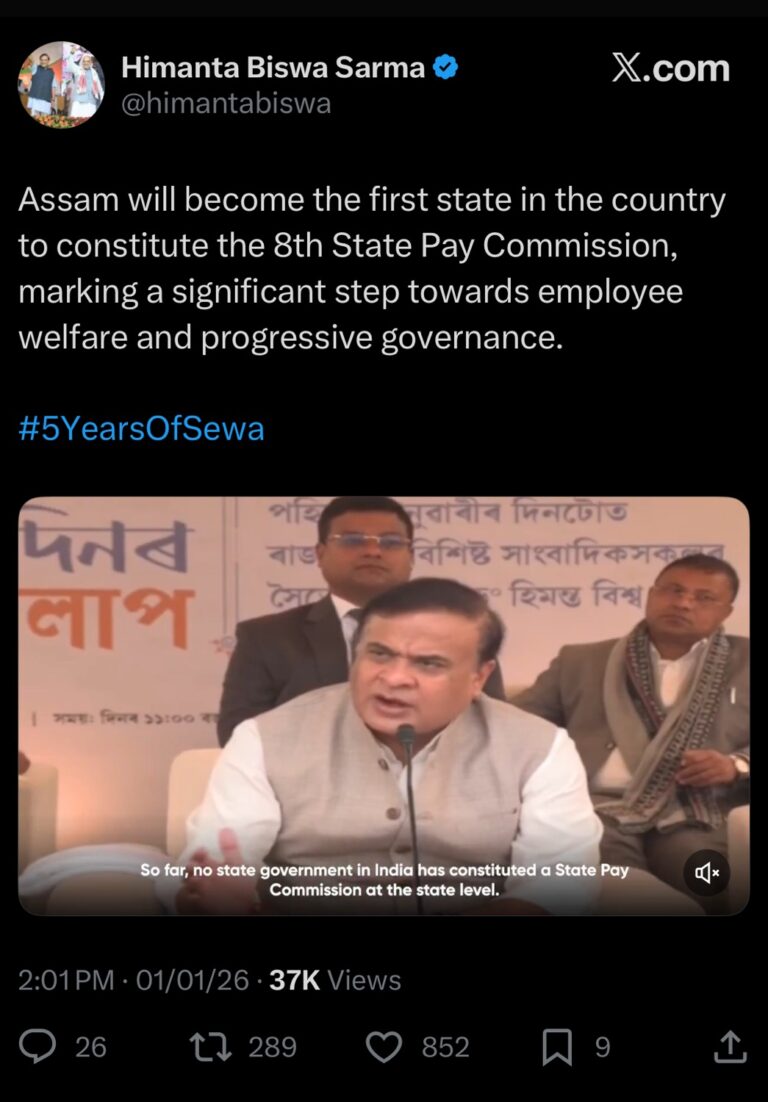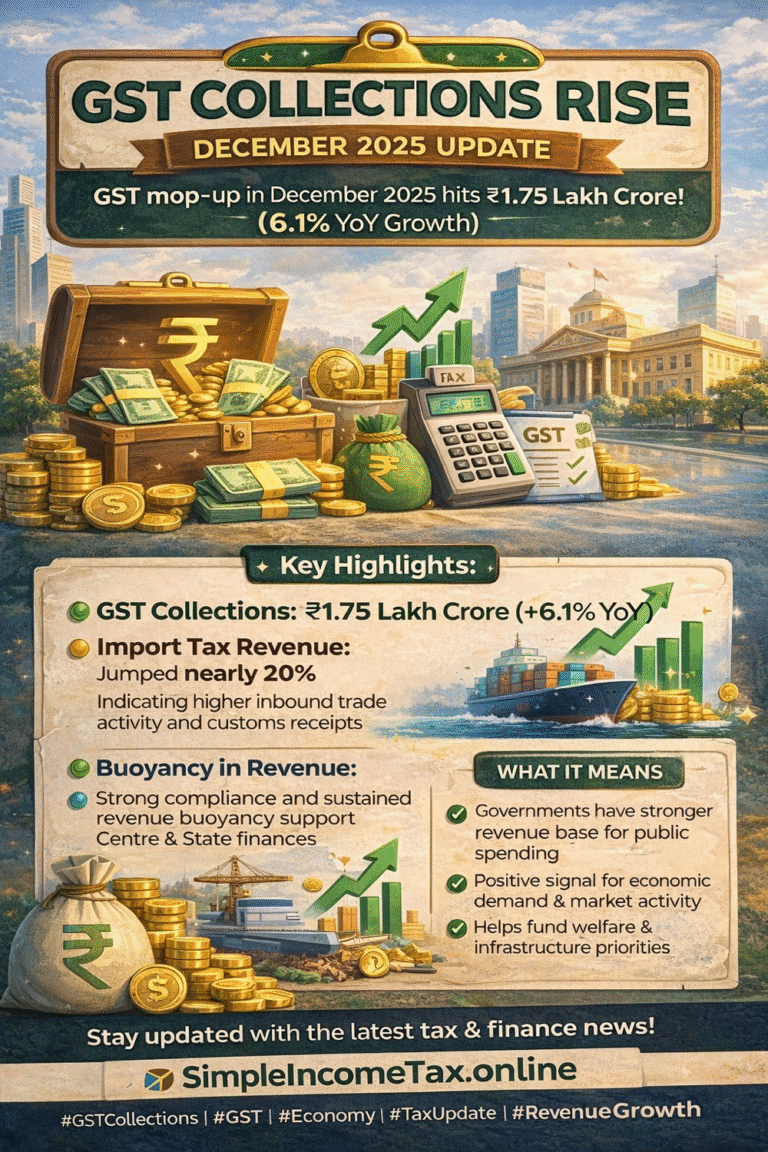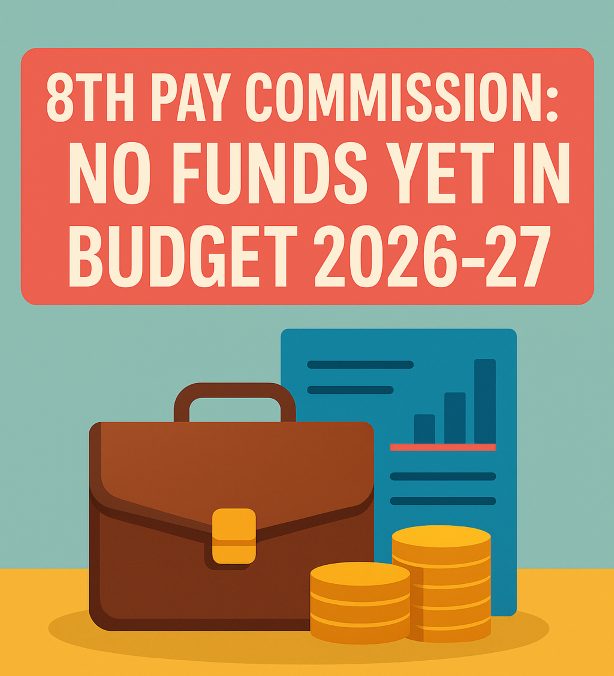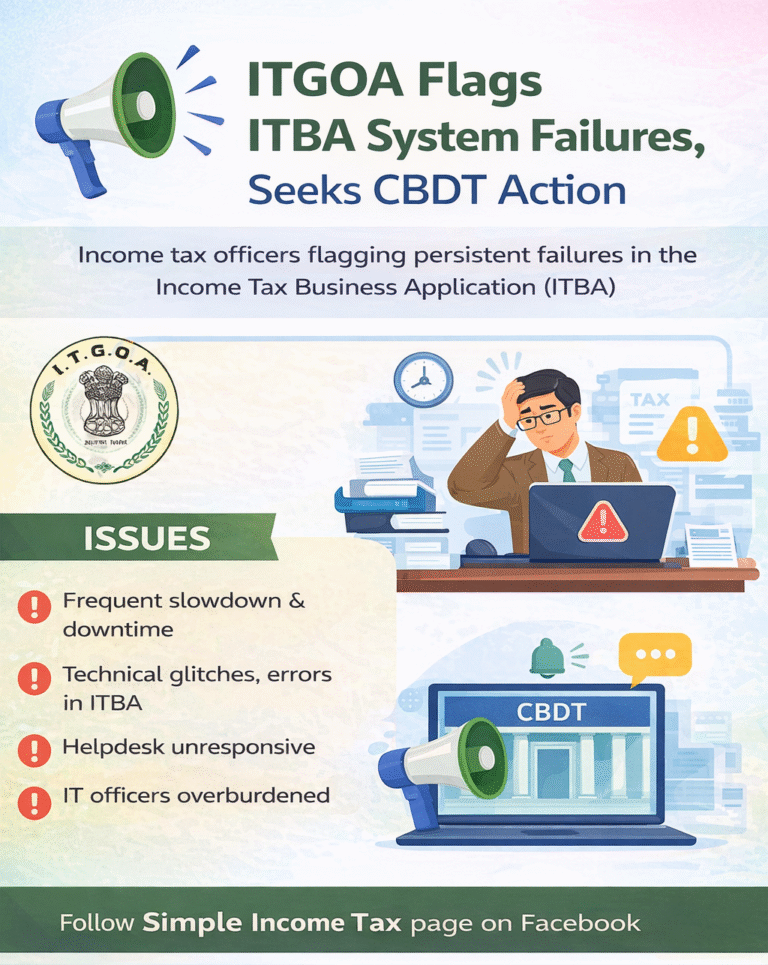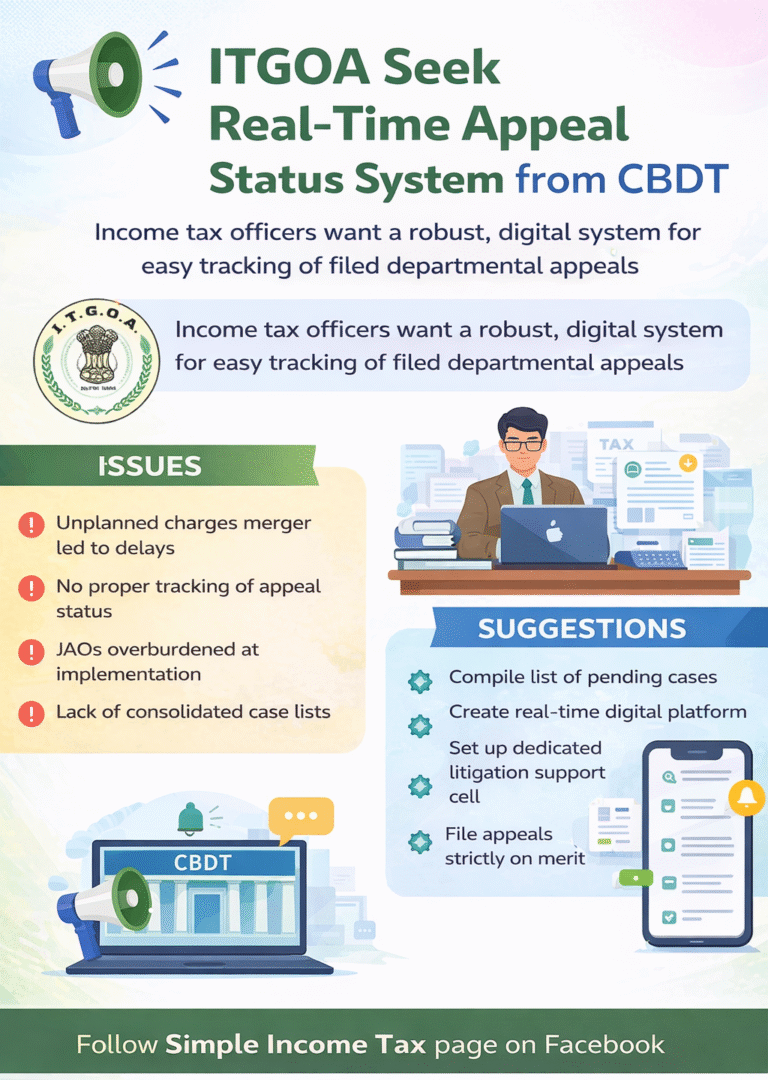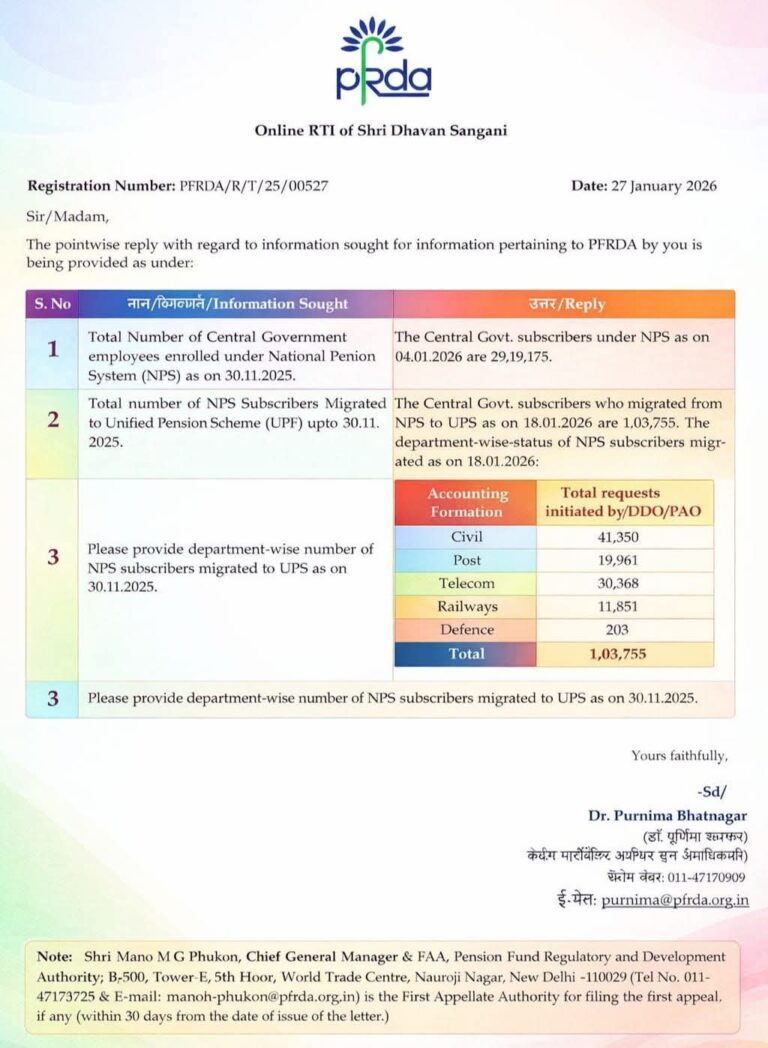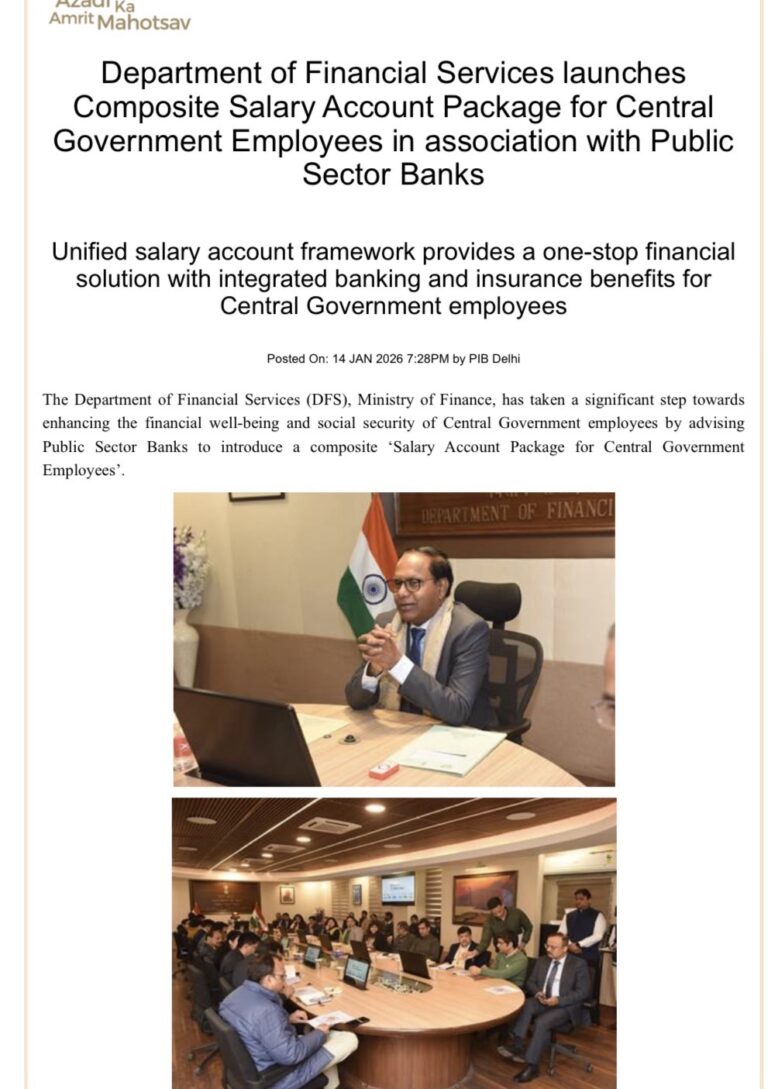The 8th Central Pay Commission (CPC) has become a major topic of discussion among central government employees and pensioners, with encouraging signs that the Modi government may constitute the panel very soon. According to Union Minister of State for Personnel, Public Grievances and Pensions Dr. Jitendra Singh, the Centre is actively consulting with state governments and the formal announcement regarding the constitution of the panel is expected this month. This development is important because the Pay Commission plays a vital role in revising the salaries, pensions and allowances of c2entral government staff and directly affects the lives of nearly one crore employees and pensioners.

The Pay Commissions are generally constituted once every 10 years and its recommendations reform the pay structure of government employees across the country. The Seventh Pay Commission came into force in 2016 in which fitment factor at 2.57 was fixed and same was used to determine the increase in basic pay and related allowances. Now, the 8th Pay Commission is due from 1st January, 2026 but the government has started groundwork well in advance so that timely implementation may be ensured. Employees’ federations have been pressing the Centre to expedite the process and finalize the panel’s Terms of Reference.
In recent meetings of between Dr. Jitendra Singh and delegation from the Government Employees National Confederation, the apex body of industrial federations affiliated with the Bharatiya Mazdoor Sangh (BMS), federation raised concerns on following issues;
- Delay in setting up 8th Pay Commisison
- Scrapping of NPS
- Restoration of OPS
- Cadre review and compassionate appointment.
- Need for regular JCM meetings
One of the most crucial aspects of the new Pay Commission is the fitment factor as it is directly determining the extent of hike in salary. During 7th CPC had adopted a fitment factor of 2.57. Now, experts are estimating that for the 8th CPC, it could be anywhere between 1.92 and 2.86. This number is very crucial as it directly impacts not only the basic salaries but also the many allowances i.e. House Rent Allowance, Transport Allowance, pension calculations, contributions under the NPS and benefits under the Central Government Health Scheme CGHS. A higher fitment factor closer to 2.86 would mean a significant jump in take home pay while a lower figure around 1.92 would be interpreted as more modest increase.
Employee expectations from the 8th Pay Commission is very high as usual. Federations have been demanding a more generous fitment factor which may closer to 3.0 so that a meaningful enhancement in salaries may be ensured. At the same time, there is mounting pressure on the government to address pension related concerns such as restoration of OPS. The timeline is also a matter of concern. If the commission is constituted in September 2025, it will take around 12 to 18 months to finalize its report. If it happens, this will ensure that implementation will be in line with traditional 10 years cycle.
The impact of the 8th CPC will be extensive, as it will directly benefit about 50 lakh employees and 65 lakh pensioners related to railways, defence and other ministries. Further, the decisions of the CPC also put impact on the wider economy because revisions in salaries and pensions boost consumption, affect inflation and put pressure on financials of both central and state government.


